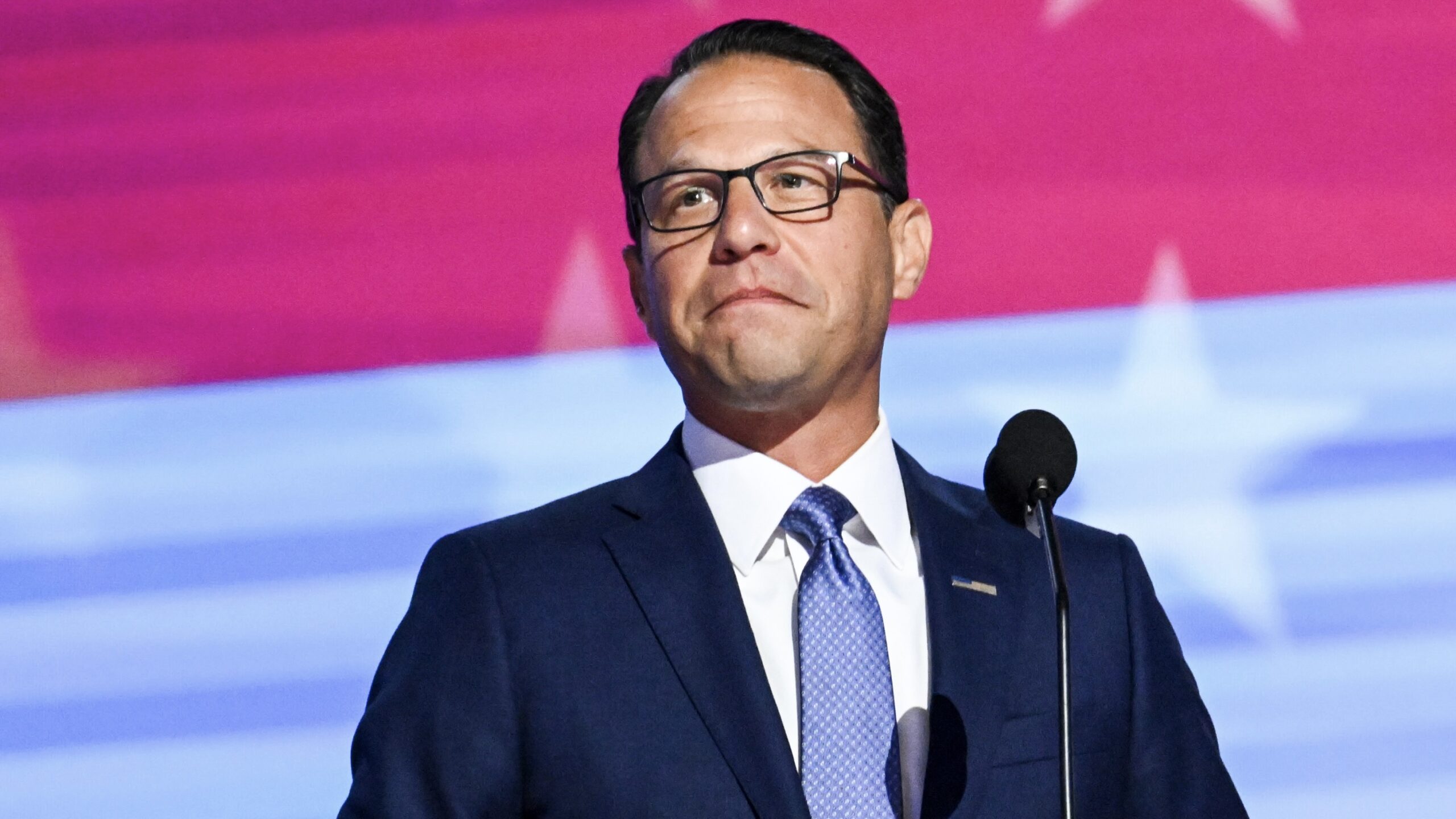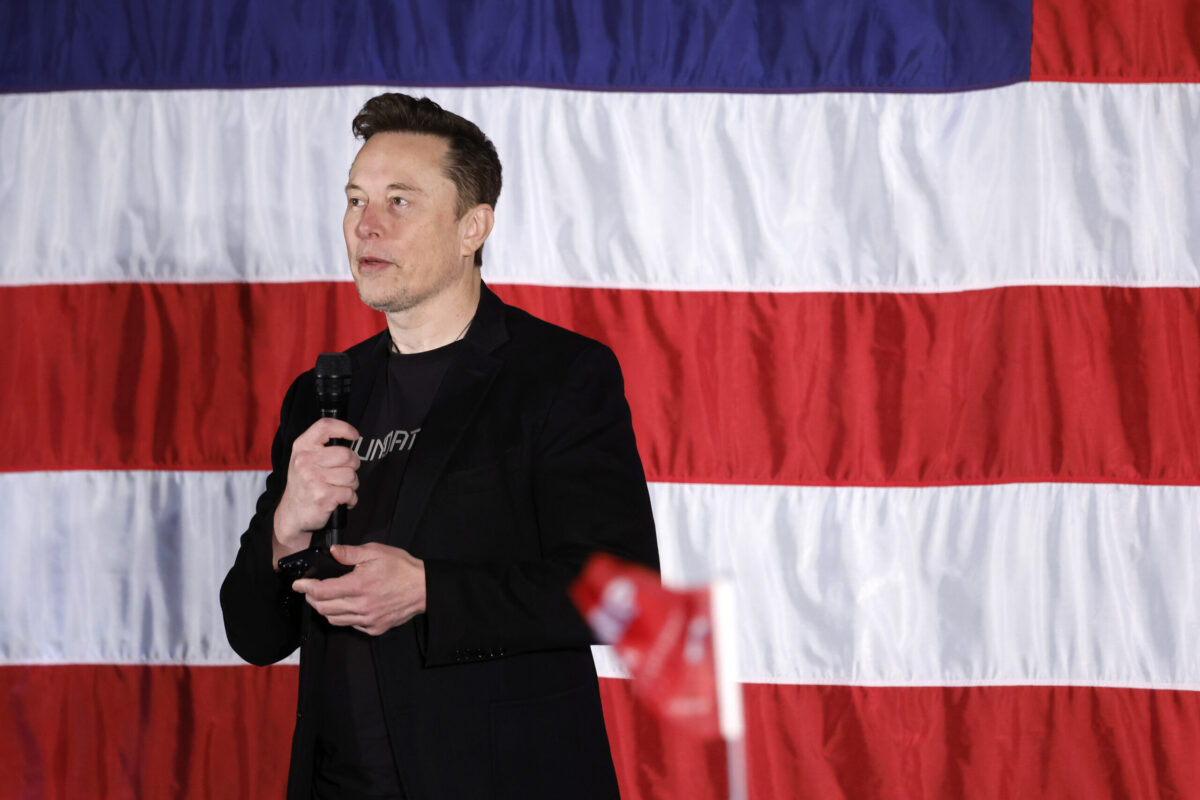
www.phantomsandmonsters.com
DISEMBODIED VOICES & MORE CREEPINESS Reported at Dead Woman Hollow!
An eyewitness contacted me after finding a cryptid canine report that I posted from Michaux State Forest, PA. The location, Dead Woman Hollow, is well-known for its creepiness!I received the following account:"Hi, Lon. I recently found your post about the Dogman encounter in Dead Woman Hollow. I thought that I would contact you about the creepy experience I had there.It happened about 8 years ago in Michaux State Forest in South Central Pennsylvania. It was a charming fall day and I stopped at a little roadside pull-off for a hike, which turned out to be Dead Woman Hollow (a snowmobile trail that intersects with the Appalachian Trail, I think?) I set off walking and I was so relaxed and really enjoying the hike until I turned around and started back.As I was walking back I got this awful feeling that I was being watched and even pursued. At one point I felt what seemed to be a handful of smallish rocks hit the back of my leg and I turned around expecting to see a couple of dudes being funny, teasing the lady (me) alone on the trail, but there was no one there. I brushed it off but the feeling of being watched increased until it was all I could do not to break into a run.I made it back to my car fine but the feeling I experienced on Dead Woman's Hollow really shook me. Of course, I later Googled 'Dead Woman's Hollow' and found out about the horrible murder/shooting that happened there in the 80s. I honestly wondered if I had been picking up on that incident somehow (I'm not psychic or anything at all though). Over the years though I have to admit I've wondered about Sasquatch as rock-throwing and feelings of being watched are associated with sightings. Anyway, Dead Woman's Hollow can get creeeeeepy!" MThe post that this witness referred to:"Hello, Lon. I just came across your site and listened to the Arcane episode about the need for people to submit info for your investigations. Let me start by saying I have no desire to experience any anomaly but for whatever reason, seem to draw them, much to my dismay. This is the 1st time I have spoken to anyone outside of my family. Here is my encounter:Place: Michaux State Forest PA / Cumberland County in Dead Woman HollowTime: Last weekend of August 2015My husband and I began sitting around a fire pit at my sister’s cabin shortly before dusk. There was no one else present the entire time. As always, we were both armed. We also had a spotlight and were about 20 ft from the front door of the cabin. We both have been avid outdoor people all our lives with many, many hours hunting various wildlife, trapping, fishing, camping, canoeing, and hiking.My husband began playing around yelling weird sounds to get a reaction out of me because I was nervous for the first time out of all the times I had been there for some reason. To our surprise, something answered him from, I want to say, within 100 yards of the woods, with the same sounds he made. He stopped and we sat silently looking and listening for what it was. No more joking around.The yells, probably 5 in total, came closer over a few hours until the last one heard was clearly within 40 yards of us. It was with that I decided to go inside. I had been shining the spotlight intermittently throughout the evening into the woods and thought I would do so one last time as we both walked towards the cabin.That’s when I saw something for the first time...yellow eyes. It did not look away or blink but remained staring back at me from the area where the last yell came from. I tried to see its body but everything else was dark around it. When I said “I see eye shine!” to my husband, the eyes moved several feet sideways, staring at me the whole time, then disappeared completely. I have spotlighted deer and various animals and this was not the same. They were at least twice the size of a deer’s eyes and there was no indication it had turned its head or walked away, but instead gave the impression of stepping behind something.Once inside the cabin, we retired for the night with the bed having been positioned directly under a window that was left open for ventilation. My husband slept undisturbed throughout the night. I, however, heard what sounded like wood chops 6 different times. I clearly heard a loud “crack” close by, also.The next morning, I walked to the area of the last vocalization/eye shine down a path. I found the biggest tree in the area about 5 ft off the path. It was too big to put my arms around. I noticed a clear line from the tree to the path of disturbed leaves as if something walked to the tree and then returned the same way. None of the other leaves around were disturbed except the line continuing across the path in the opposite direction into thick cover. I also found a freshly broken tree limb, approx. 10" diameter and about 4' long, lying in the path, all of this within 10 sq ft. It appeared to have come from a live tree nearby and had been broken off several feet above my head.I had every intention of investigating the scene even more but frankly, lost my wit (which is not like me) and returned to the fire pit to tidy up. I knew all this was abnormal and didn't feel right. That’s when the most frightening thing happened.My attention was brought back to the big tree by really loud sounds of something BIG moving FAST towards me from the cover where the line of disturbed leaves was. I saw the foliage moving closer as I ran inside the cabin. I am sure I couldn’t have been but a second or two away from seeing it burst out into plain view, which is exactly what I did not want!So what I would like to know is, what mimics people's voices, has large eyes that shine yellow at night, hides behind big trees, makes wood chopping sounds, breaks big limbs off of live trees, and charges at people in broad daylight?Thank you for your time and consideration of this email. I hope you find it helpful information somehow." DANOTE: So where do I start? Well, this area has the Appalachian Trail traversing through it and there was a murder near there - Dead Woman Hollow - Rebecca Wight, but it actually got its name from the fact that a woman whose identity is no longer known was bitten by a snake and died there. After she was found the natives referred to this area and the road as the Dead Woman Hollow. There was also a crime/horror movie (fiction) made about the location - Dead Woman's Hollow (2013)Anyway, the witnesses most likely had a run-in with a Bigfoot, which has been reported throughout Michaux State Forest. But then again, I'm not going to discount the fact that bi-pedal canines have been seen in Cumberland County, and Michaux State Forest would be an excellent habitat for them. Yellow eyes are indicative of canine and/or feline. Lon**********DJINN & CURIOUS MIDDLE EASTERN TALES | LIVE Chat | Q & A | Join Us! (MODERN & HISTORICAL ACCOUNTS)PHANTOMS & MONSTERS VIDEO LIBRARYPOLL: WHAT DO YOU THINK? Vote & comment on paranormal, cryptid & unexplained mysteries!LISTEN TO NARRATIONS OF PHANTOMS & MONSTERS REPORTS & CASES - PLEASE SUBSCRIBE, LIKE & SHAREPHANTOMS & MONSTERS RADIO Podcasts on SpotifyPHANTOMS & MONSTERS READING LISTCHICAGO MOTHMAN / O'HARE BATMAN YouTube PlaylistHave you had a sighting or encounter?Contact me by email or call the hotline at 410-241-5974Thanks. LonOUR SOCIAL MEDIA LINKSBigfoot and Other Cryptid Videos on YouTubeLYCANS! - PENNSYLVANIA'S CRYPTID CANINES UPDATE'KILLER BIGFOOT' HUNTED BY U.S. SPECIAL FORCES / GLIMMER MAN / MANTIS HUMANOIDSCRAWLER HUMANOIDS - GRUESOME INVADERS! (REAL EYEWITNESS ENCOUNTERS!)WEREWOLVES: DO THEY EXIST?'DOGMAN IN OUR YARD!' - AN OHIO FAMILY'S 12-YEAR SAGA WITH CRYPTID CANINESHey, folks. Thanks for the congrats on 'The Mothman Revisited' episode on Unsolved Mysteries. As a result, we are receiving more sighting reports and are very excited and grateful for the new information!I sincerely thank the Unsolved Mysteries team and Netflix for allowing us to tell the world about this phenomenon.If you have information about this or any other cryptid or unexplained sighting or encounter, please feel free to contact me by email or at 410-241-5974. Thanks again! LonCHICAGO MOTHMAN / O'HARE BATMAN YouTube PlaylistChicago / Lake Michigan Winged Humanoid Regional Interactive MapHey, folks. Please feel free to share your thoughts & comments on the recently uploaded video of the CHICAGO MOTHMAN. I'm interested in what you have to say. Thanks. LonEXCLUSIVE VIDEO of CHICAGO MOTHMAN RECORDED----------Become a Phantoms & Monsters Radio Insider - just $2.99 monthly, and receive these perks. Thanks for your support!-Members-only live chats-Exclusive members-only videos-Priority reply to members' commentsHave perks suggestions? LMK-----YOUR SUPPORT IS APPRECIATED! THANKS-----Have you had a sighting or encounter?Contact us by email or call the hotline at 410-241-5974Thanks. Lon Noted UFOlogist Dr. Raymond Keller believes the idea of extraterrestrials and even ultra-dimensional beings from many different planets and alternate realms living and working among us clandestinely is more than just another conspiracy theory.Available on Amazon.comSan Francisco Book Festival Honorable MentionNew York Book Festival Honorable MentionAlso available with audiobooknarration by Terry Springs,CBS-TV Las Vegas affiliate.This blog and newsletter are licensed under a Creative Commons Attribution-Noncommercial-No Derivative Work 3.0 United States License.Registered trademark PHANTOMS AND MONSTERS ® / PHANTOMS & MONSTERS ® - USPTO #90902480 - Lon D. Strickler© 2005-2024 Phantoms & Monsters - All Rights Reserved

















